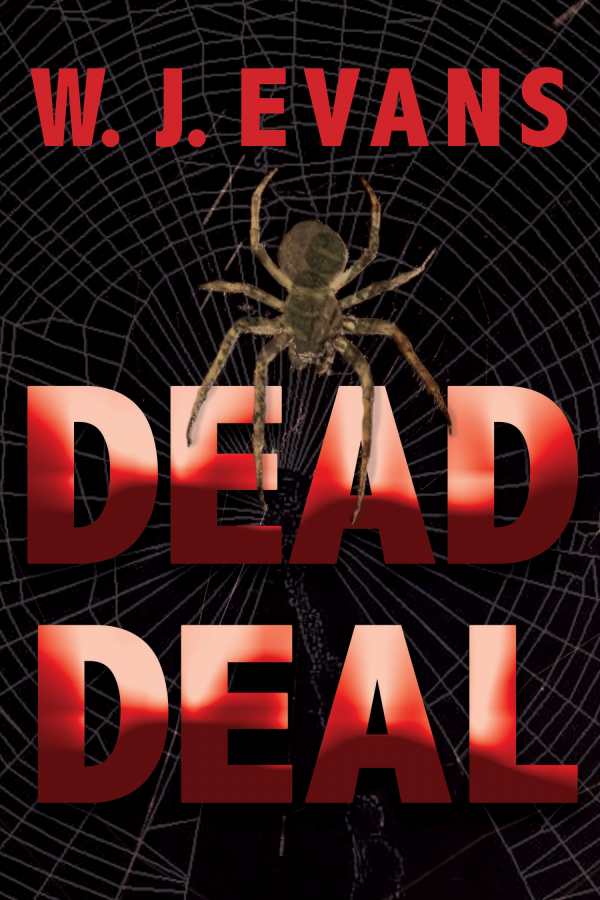Dead Deal
This quick mystery holds closely to its classic underlying thesis: money can be poison in the wrong hands.
In W. J. Evans’s zippy contemporary mystery Dead Deal, the United States economy has hit a down cycle and the real estate market has crashed; lost millions become motive for murder.
California developer Frank McCormick, upside down on more than one loan, isn’t that surprised that predatory bankers are being killed, until he learns that the FBI, under agent Julia Harrow, wants to pin those murders on him.
The book’s three opening vignettes command attention and keep pages turning. By the time the greater narrative pulls together, there are “three dead or missing bankers in three different cities.” There’s no solid evidence connecting McCormick to their deaths, but he still becomes the prime suspect. Nevertheless, by the time the story ends, McCormick has begun an affair with the agent investigating him and has recovered multiple millions of dollars on his holdings.
The story has no heroes. McCormick and Harrow are solidly sketched, but neither one is particularly admirable. They are drawn instead as people fully invested in twenty-first-century materialism. Their histories deepen as the narrative progresses, though the decision to revisit their backstories results in some repetition.
The novel’s villain and his associate—a beautiful woman whose main skills are assassination and sex—and McCormick’s roughneck attorney, who grows to gain more empathy as the story progresses, are the only other truly memorable characters.
A visit to a Montana setting introduces a real sense of ranch country to the page. Other locales are similarly well drawn, right down to fashionable big-city condos. These settings pull from McCormick’s real estate background. Dialogue is natural and carries the story forward.
The narrative continuously prompts interest in what’s next, moving forward at a solid pace that hews closely to its classic underlying thesis: money can be poison in the wrong hands. Its progressions are disjointed, though, ricocheting from one location to the next, and often its destination is difficult to discern. The story’s true villain is never uncovered.
Themes are ably established with mentions of Atlas Shrugged, but the philosophical points of these references are not teased out fully. Bankers and developers here are more interested in sexual conquests, flashy cars, and multimillion-dollar deals than reason. A salute to big money as it exists to be “laundered” is prominent.
Grammatical errors, including incorrect capitalization, spelling mistakes, and conflicting descriptions are a minor distraction, though they do not make the book less entertaining.
Dead Deal is a modern mystery with moral lessons to be derived from the machinations of movers and shakers caught up in a contemporary economic crisis.
Reviewed by
Gary Presley
Disclosure: This article is not an endorsement, but a review. The publisher of this book provided free copies of the book and paid a small fee to have their book reviewed by a professional reviewer. Foreword Reviews and Clarion Reviews make no guarantee that the publisher will receive a positive review. Foreword Magazine, Inc. is disclosing this in accordance with the Federal Trade Commission’s 16 CFR, Part 255.

